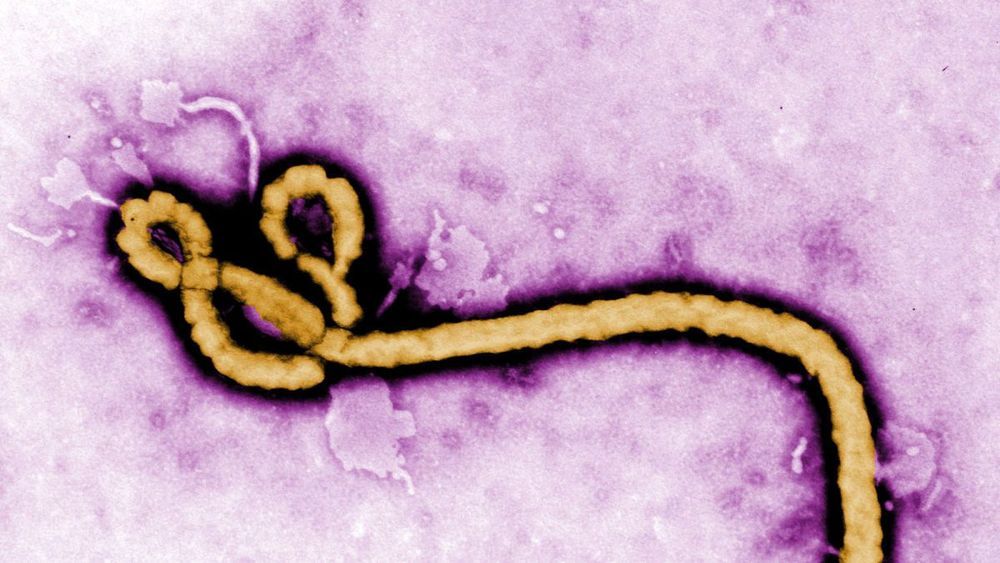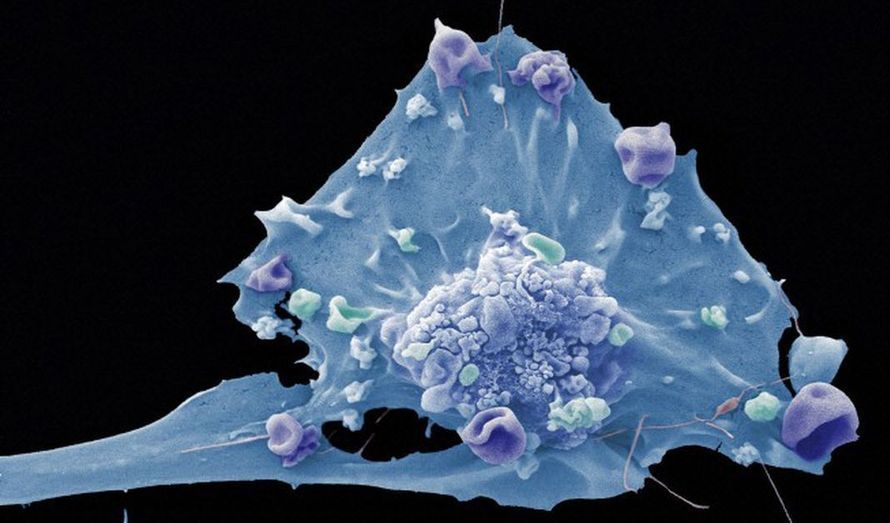Circa 2016 could cure viruses in no time.
When you get right down to it, developing vaccines is about data and luck. Scientists start with a set of variables—what drugs a virus responds to, how effectively, and for whom—and then it’s a whole lot of trial and error until they stumble upon a cure.
One of the most exciting possibilities in medical research right now is how technology like machine learning could help researchers rapidly process those enormous sets of data, more quickly leading to cures. This is already starting to happen: In a study published Wednesday in the journal Macromolecules, researchers from IBM and Singapore’s Institute of Bioengineering and Nanotechnology reveal a breakthrough that could help prevent deadly virus infections. With the help of IBM super computer Watson, they hope their finding will soon make its way into vaccines.







